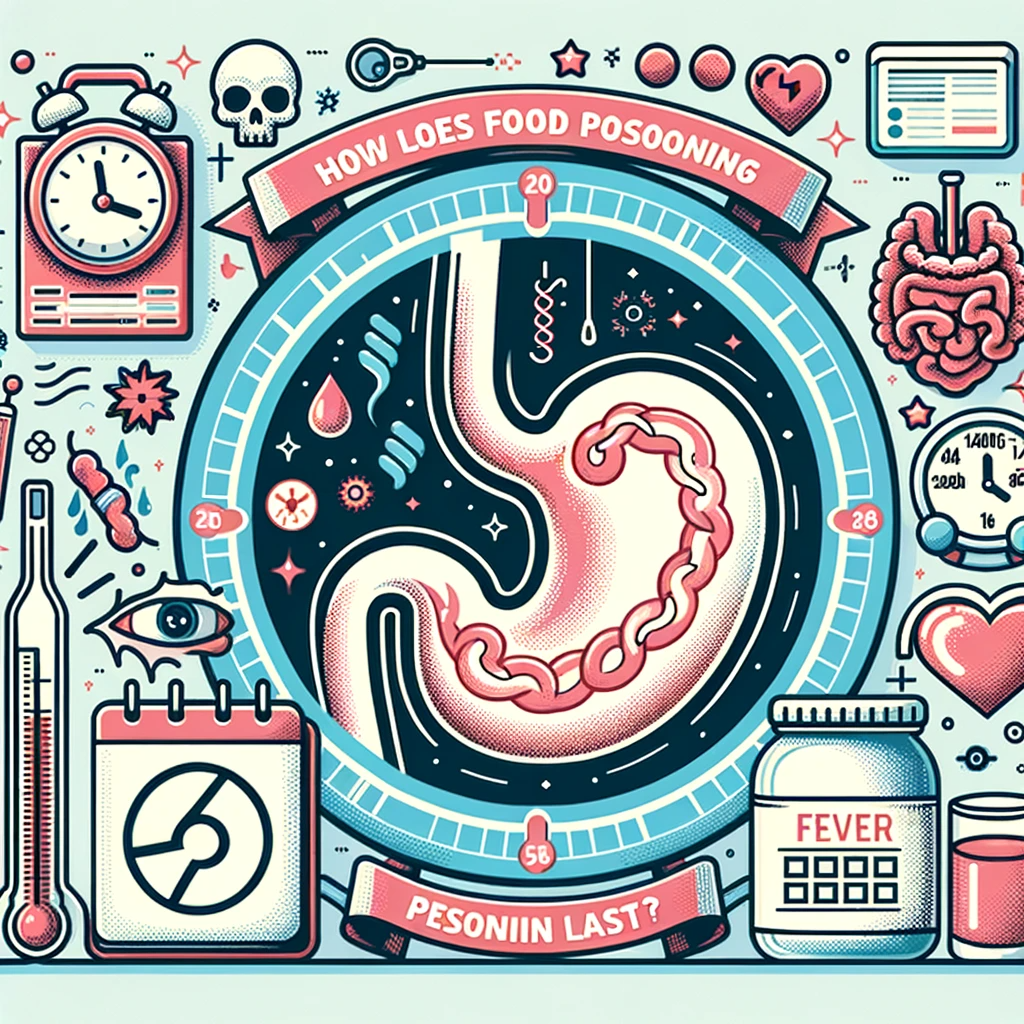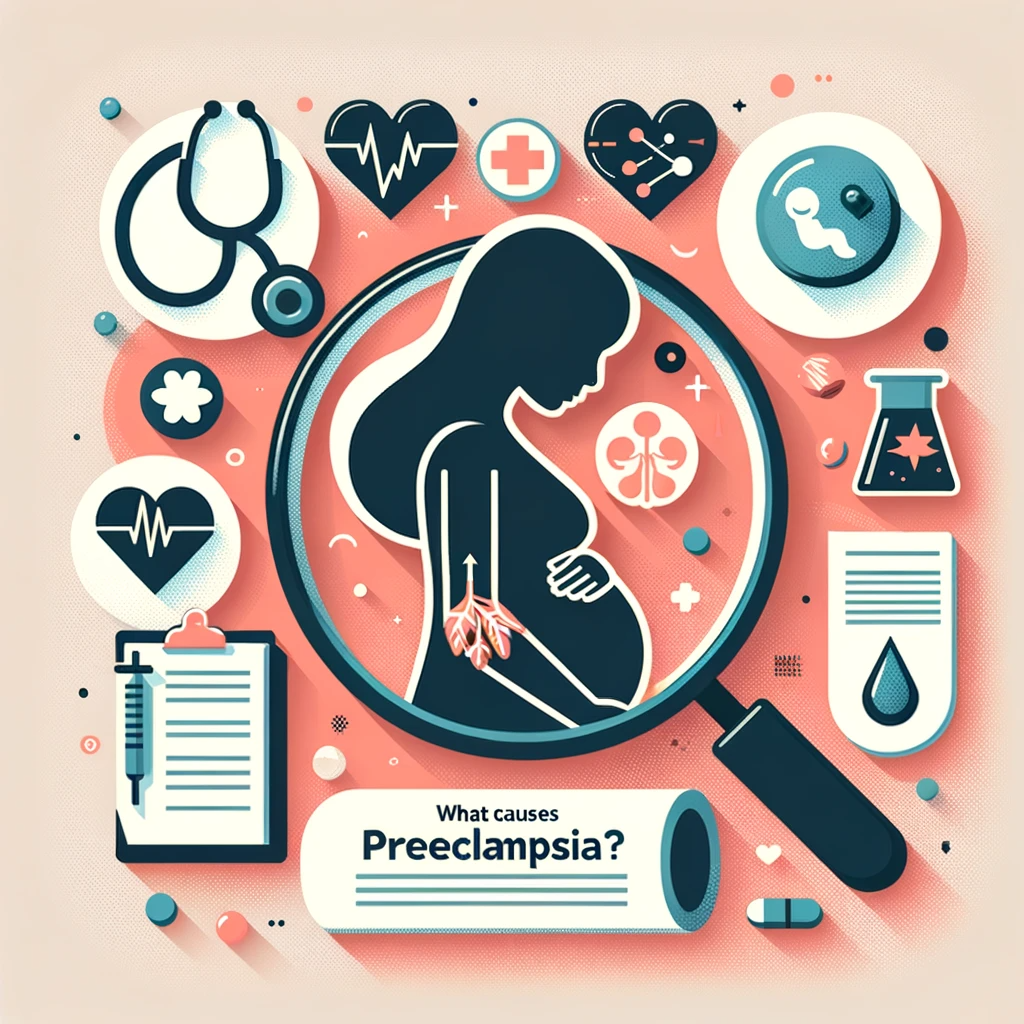In the quest for quick and dramatic weight loss, fad diets have become a popular choice for many. Promising significant weight loss in a short period, these diets often involve eliminating certain food groups or eating a very restricted diet. But how effective are these diets in the long run? Let’s explore the reality behind fad diets and what truly works for healthy weight management.
Understanding Fad Diets
Fad diets are typically characterized by:
- Unrealistic promises of rapid weight loss.
- Restrictions on certain food groups or nutrients.
- Rigid rules that focus on short-term changes rather than long-term lifestyle modification.
Examples of popular fad diets include the Keto diet, Paleo diet, Atkins diet, and juice cleanses.
The Drawbacks of Fad Diets
- Nutritional Imbalances: Many fad diets lack essential nutrients, leading to potential health risks like vitamin deficiencies and osteoporosis.
- Unsustainable Weight Loss: While fad diets can result in initial weight loss, much of it is water weight and muscle mass, not fat loss. The restrictive nature of these diets makes them difficult to maintain long-term, often leading to weight regain.
- Psychological Impact: The strict rules and failure to achieve quick results can lead to feelings of guilt, failure, and unhealthy relationships with food.
What Actually Works
- Balanced Diet: A diet rich in fruits, vegetables, whole grains, lean proteins, and healthy fats provides the nutrients your body needs and can lead to sustainable weight loss and overall health.
- Mindful Eating: Being aware of hunger and fullness cues, eating without distraction, and enjoying your food can help prevent overeating and foster a healthier relationship with food.
- Regular Physical Activity: Exercise is crucial for maintaining weight loss and overall health. Aim for a mix of cardio, strength training, and flexibility exercises.
- Lifestyle Changes: Sustainable weight loss involves making long-term changes to your eating habits and lifestyle, rather than following a short-term diet.
Consulting Health Professionals
Before starting any diet, especially if it involves significant changes to your eating habits, it’s important to consult with a healthcare professional or a registered dietitian. They can provide guidance based on your individual health needs.
In conclusion, while fad diets may offer a quick fix, they are often ineffective and can even be harmful in the long run. Embracing a balanced diet, mindful eating, regular exercise, and lifestyle changes is the key to sustainable weight loss and better health.





